SUMMARY
This is AI generated summarization, which may have errors. For context, always refer to the full article.
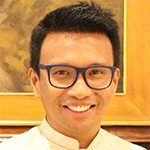
In spite of its assertive claim to be intellectual, much of the scientific enterprise rests on an inner, personal drive.
It is wonder, which often begins from childhood. In his autobiography, the influential writer and theologian GK Chesterton made a heart-warming conclusion: “What was wonderful about childhood is that anything in it was a wonder. It was not merely a world full of miracles; it was a miraculous world.”
Many of us have stories to tell about our childhood: how we stumbled upon a bone in the backyard, watched colorful insects in the garden, and gazed at the clouds on a late afternoon.
In retrospect, inasmuch as I toyed with the idea of becoming a chemist in high school, my original fondness for observing people eventually prevailed. I became addicted to The Hardy Boys, Choose Your Own Adventure, and those short stories we had to read during English class. Reading them made me enter a world that, while not my own, felt familiar anyway.
Like our peers in the natural sciences, sociologists like myself aim to understand the world. For us though that world is merely constructed by people. This is why we often wonder how some folks could claim absolute truth when their convictions are by and large a product of their social contexts. At the same time, sociologists have a keen eye for inequality. We expose power especially where it is oppressive.
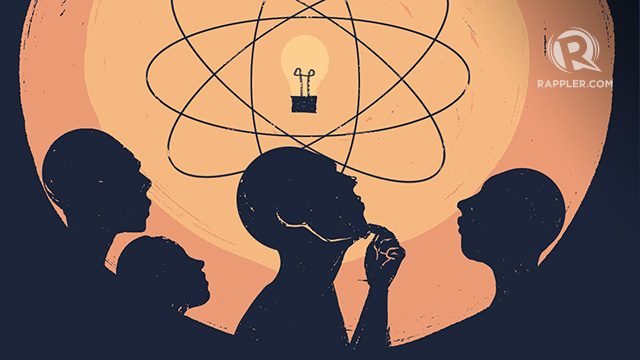
Burden
Wonder for the sake of intellectual sophistication is not enough. Science carries a burden. It demands that knowledge makes a positive difference in the world.
The noble (and burdensome) call of science is to work for the improvement of people’s lives.
But why must we be bothered? It is because we are convinced that the world can be a better place. We are convinced that the sick can be cured, the hungry can eat well, and children can get better education. Healthcare, education, mobility, and employment remain fundamental concerns for human flourishing.
This is why social justice – in all its colors – matters to the scientific enterprise.
To set things in order and to make things right might be too burdensome. To celebrate the National Science and Technology Week, the Department of Science and Technology (DOST) could thus not have chosen a better theme: “science for the people”.
It is in this light that I am convinced that pursuing science cannot be about joining an elite cadre of researchers. It cannot be just for the best and the brightest.
As a people we need to recognize the place of science in our society embattled by strife, bigotry, conflict, and inequality.
Speaking truth to power
All of these issues are certainly present around the country. But they are heightened in Mindanao where religious and ethnic minorities are also the poorest, least educated, and most vulnerable to conflict.
Lamentably, Marawi remains the centerstage of disastrous ideologies that have taken advantage of social inequality and other vulnerabilities especially among the youth. For its people, religion, violence, and injustice define their everyday reality.
Unfortunately, the battle is not only physical.
Last week, I was interviewed on radio because of the Outstanding Young Scientist Award I received from the National Academy of Science and Technology (NAST). DWAD’s Vea Corpuz and I spent time to talk about religion and violence. It was an opportunity to explain the relationship between Islam (surrender) and salaam (peace).
Of all the text messages we received from listeners, this was most hard-hitting: “masisira at mawawala ang pinag-aralan mo kung ipagtatanggol mo lang ang Islam.”
It was a sad message not because my ego was hit. It was sad because it manifested the fear, ignorance, and resentment many people harbor toward our Muslim brothers and sisters. The resentment overlooks the fact that Moro people themselves have been evicted from their home and livelihood.
But instances like this must not easily discourage those of us in the sciences, whether natural or social. If indeed our sense of wonder began in the miraculous world of our childhood, the wonder that drives our scientific enterprise now has to recognize that the struggles of that world are no longer just fantasies.
They are real and they need to be confronted.
This might be a little counterintuitive but it is in this sense that science has a religious dimension. The words of the prophet Micah are compelling: “What does the Lord require of you? That you do justice, love mercy, and walk with integrity.”
Science, as it were, must speak truth to power. Science is for the people. – Rappler.com
Jayeel Serrano Cornelio, PhD is a visiting professor in the Department of Sociology, MSU-Iligan Institute of Technology. He is also the Director of the Development Studies Program, Ateneo de Manila University. The National Academy of Science and Technology has named him the 2017 Outstanding Young Scientist in the field of sociology. Follow him on Twitter @jayeel_cornelio.
Add a comment
How does this make you feel?


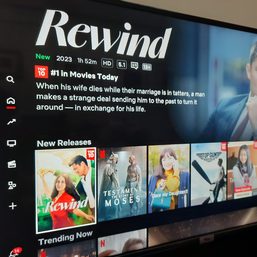

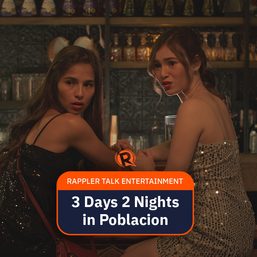
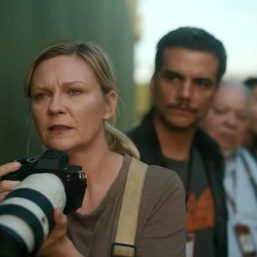



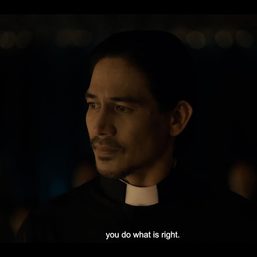

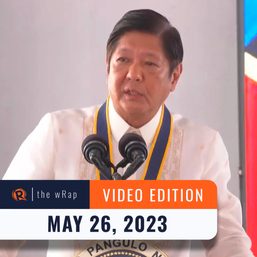


There are no comments yet. Add your comment to start the conversation.